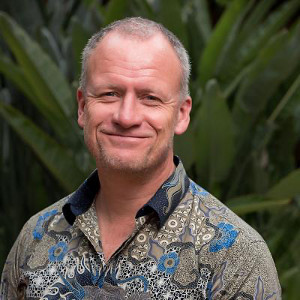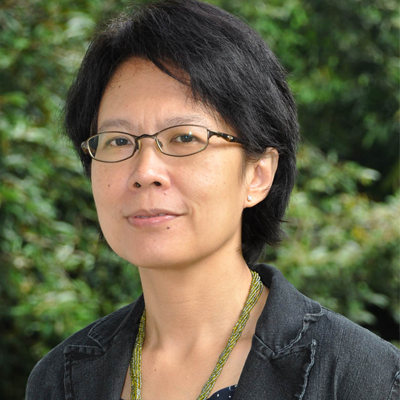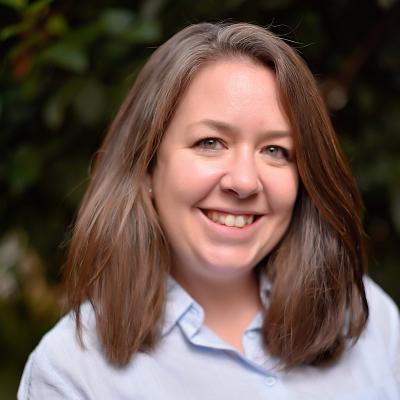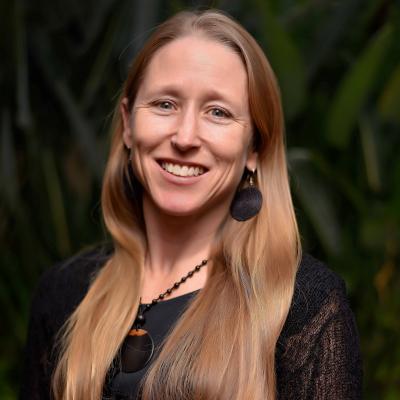Managalas and Oro Province Component of the EU-FCCB Programme
The four-year, European Union (EU) funded Managalas Component of the EU Forestry-Climate Change-Biodiversity (EU-FCCB) Nexus Programme seeks to enhance conservation outcomes whilst developing livelihood options for local communities living within and managing the Managalas Conservation Area (MCA) in Oro Province, Papua New Guinea (PNG).

The opportunity
PNG is one of the world’s 17 ‘megadiverse’ countries, with a rich array of flora and fauna – much of which is found nowhere else in the world. The island of New Guinea (of which PNG holds the eastern half) contains the third largest tropical rainforest on the planet and hosts approximately 6 percent of known terrestrial biodiversity, as well as a likely-considerable number of species that are yet to be discovered.
This wealth of natural capital holds tremendous international importance for global climate change mitigation and biodiversity conservation. Yet, with almost 40 percent of its population living below the poverty line, and 80 percent dependent on subsistence farming, PNG cannot afford to protect this global public good in perpetuity by itself. PNG’s forests and biodiversity are increasingly at risk from degradation and loss due to unsustainable use.
The MCA is a truly bottom-up community conserved area that was developed by communities and supportive NGOs over 30 years, culminating in its designation as a Conservation Area in 2017. The MCA is now a preserved landscape that is home to intact forests – as well as the people who live there, that see their future in maintaining a forest landscape.
The EU’s assistance to the Managalas communities will support their vision of sustainable economic development in a forest landscape. As the largest conservation area in PNG, Managalas is an ideal place to pilot the development of sustainable land stewardship and ecosystem services models to protect the country’s forest and biodiversity resources.


CIFOR-ICRAF’s role
The EU aims to support effective protection of PNG’s natural capital – while meeting diverse communities’ development aspirations – through its Forestry-Climate Change-Biodiversity Nexus programme (EU FCCB).
To this end, EU FCCB is funding a four-year project in the community-managed MCA in Oro Province. This project will explore the implementation of FCCB related policies and practices at the local level (within the MCA) and assess the potential for scaling to the provincial level.
The Managalas and Oro Project will be implemented by the Center for International Forestry Research and World Agroforestry (CIFOR-ICRAF), alongside a range of local and international partners, including national and provincial government agencies, civil society, higher education, research institutions, and local communities.
As part of the EU’s FCCB Nexus Programme, Managalas and Oro Project will support policies and strategies related to FCCB at the local level and support systems for the MCA at provincial level. Private sector partnerships will develop market links for goods and services from within the MCA that appreciate the co-benefits of production landscapes that are intricately linked with conservation outcomes.

About the MCA site

The MCA broadly aligns with a geographical feature called the Managalas Plateau, which is located in PNG’s Oro Province (also known as the Northern Province).
The Conservation Area spans 214,000 hectares and is home to around 22,000 people comprised of 152 clans, 11 tribes, 60 villages, and 49 settlements. Throughout PNG, land is owned by the local clans and all land use decisions require consensus from clan members.
Livelihood activities in the MCA are currently centred on subsistence farming for food and household use. Cash sales of commodities (cocoa, coffee, okari nuts, vanilla, massoia bark, and more) are inconsistent and largely depend on passing traders. While communities stand firm on their decisions to exclude commercial logging and land conversion to large-scale agriculture, they also aspire to enjoy the benefits of modern life within their own land.

Project priorities and objectives
The Managalas and Oro Project’s first priority area is to support a development model that reconciles FCCB with sustainable, inclusive and gender-responsive green growth and jobs at national and pilot subnational/community levels. Its specific objective (SO) include:

SO1 – Institutional strengthening
Enabling relevant institutions in the MCA – including clans, community-based organisations, the Conservation Area Management Committee, commodity traders and cooperatives, and local and provincial government – to achieve their goals through policy alignment, networking and collaboration, and access to information.

SO2 – Capacity development
Ensuring access to education for communities within the MCA through scholarships, whilst strengthening research and knowledge about forests, climate change, and biodiversity by partnering with national and international students and institutions.

SO3 – Livelihoods
Developing local families’ livelihood options through enhanced agricultural production of quantity, quality, and value-added commodities (including coffee, cocoa, and vanilla) delivered through sustainable farming initiatives to integrate production and conservation activities. In the longer term, ensuring that the protected area is self-sufficient in accessing and equitably using adequate funding for ongoing management of the MCA.

Core staff

Will Unsworth

Tony Simons

Howard Shapiro

Tor-Gunnar Vågen

Policy alignment
The Managalas and Oro Project aligns with several key national and international targets and conventions, working in domains that are relevant to a wide array of the Kunming-Montreal Global Biodiversity Framework (GBF) targets and Sustainable Development Goals (SDGs). In particular, it will contribute to GBF targets 1-7, 9-11, 14, 15, 21 and 22, and SDGs 1, 2, 4, 6-9, 13, 15.

Podcast
Join me today, where I speak to Tony Simons, Senior Fellow of UNCCD G20 Initiative and CIFOR/ICRAF. His wealth of experience shines through in this conversation, where he describes the Managalas project, in Papua New Guinea, a country with more than 90% forest cover where 97% of the land is community held. The project truly connects how conservation meets community needs. Though carbon is a piece of the puzzle, Tony explains how valuing such a project on carbon alone is a false representation of the value these forests deliver. We discuss the financing mechanism and multi-stakeholder involvement behind this project and much more.
Managed by

Partners
- Managalas Conservation Foundation
- Oro Provincial Government
- Northern Province Conservation Bureau
- Kamapim Ltd

















